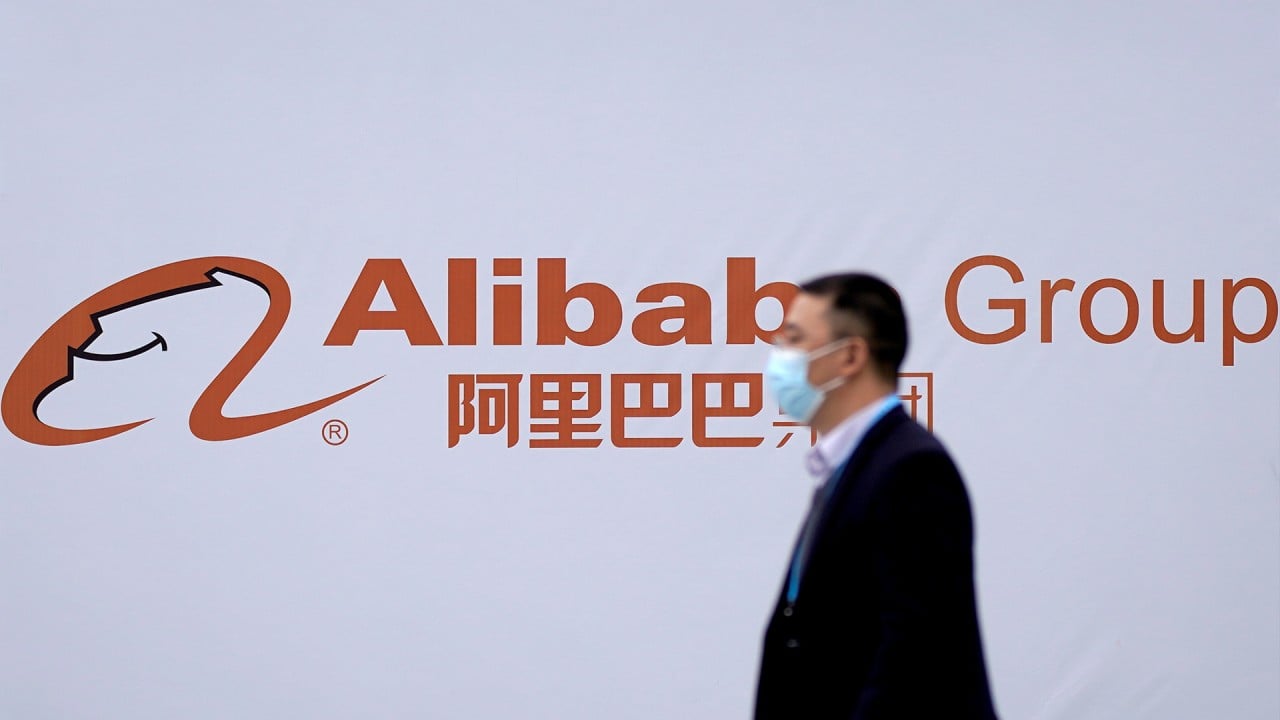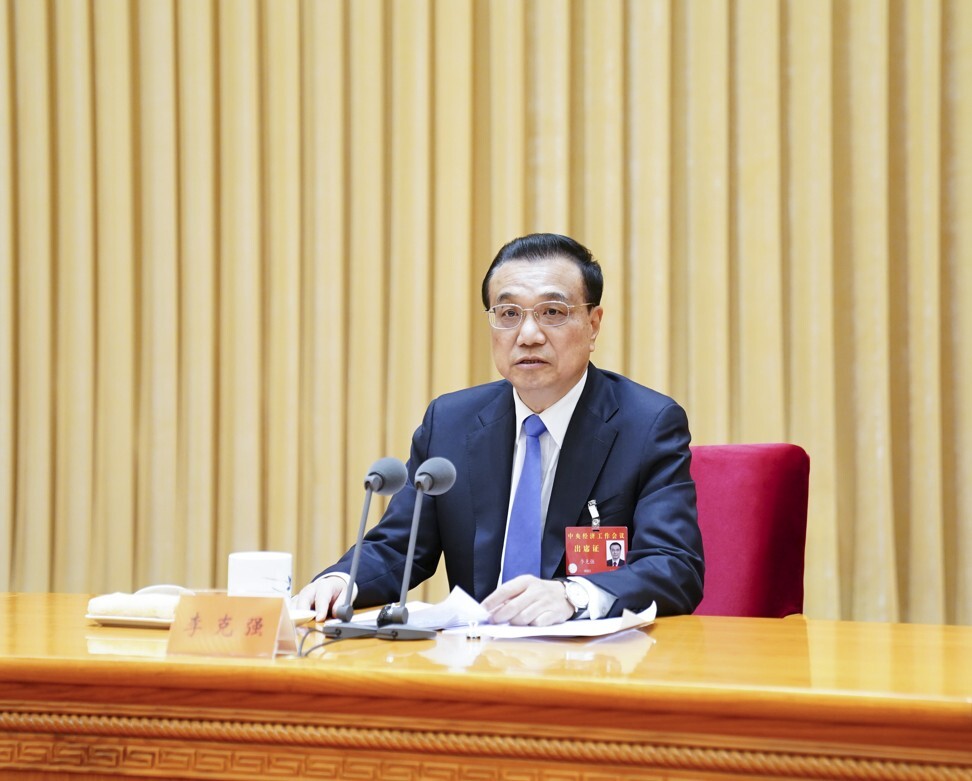
Two sessions 2021: China’s banks to increase lending to small businesses by 30 per cent
- Beijing also plans to further strengthen regulation of fintech, financial holding companies
- Fintech firms have been a major lending source to small businesses in China
China plans to increase the number of “inclusive” loans offered by its biggest banks to micro and small businesses by more than 30 per cent in 2021, even as it continues to enact new lending rules and increase its scrutiny of the nation’s financial technology (fintech) industry.
As part of the government’s latest five-year plan, Premier Li Keqiang said banks would be encouraged to increase credit loans and first-time loans and would provide “targeted support” for companies and sectors that continue to be affected by the fallout from the coronavirus pandemic.
“We will strengthen regulation over financial holding companies and financial technology to ensure that financial innovations are made under prudent regulation,” Li said as part of the government work report to the National People’s Congress on Friday. “We will improve the mechanism for managing financial risks, see responsibilities are fulfilled by all the stakeholders, and ensure that no systemic risks arise. Financial institutions must serve the real economy as they should do.”

01:26
China kicks off antitrust probes into Alibaba over alleged monopolistic practices
Small businesses were hit particularly hard by the pandemic and the government said on Friday it would continue to allow micro and small businesses to defer principal and interest repayments on inclusive-finance loans and offer increased support.
The government’s push to offer more credit to small businesses comes as it moves to tighten its control over the nation’s fintech industry, which has served as a major funding source for micro and small businesses.
The rising influence of online lenders outside the nation’s biggest state-controlled banks has raised concerns about potential risks to the country’s financial system. Lending by fintech firms topped US$516 billion in 2019, a 42 per cent rise over the prior year, according to the most recent figures from China’s central bank.

“The state supports platform enterprises in pursuing innovative development and enhancing international competitiveness, while ensuring that their business operations are well regulated in accordance with the law,” Li said on Friday. “We will step up efforts against business monopolies and guard against unregulated expansion of capital, and ensure fair market competition.”
Typically, online platforms such as those operated by Ant Group, JD Digits and Lufax, contribute about 20 to 40 yuan for every 1,000 yuan (US$155) of loans they make. Commercial banks assume most of the underlying credit risks.
At the same time, Li said local governments would issue a smaller amount of special-purpose bonds this year as Beijing tries to keep a lid on debt.
Local governments would issue 3.65 trillion yuan of special-purpose bonds, a 2.7 per cent decrease from the prior year.
“We will improve our policies for encouraging the participation of non-governmental capital, and do more to remove barriers impeding private investment, so that such investment can enter, develop and yield good returns in more fields,” said Li.

